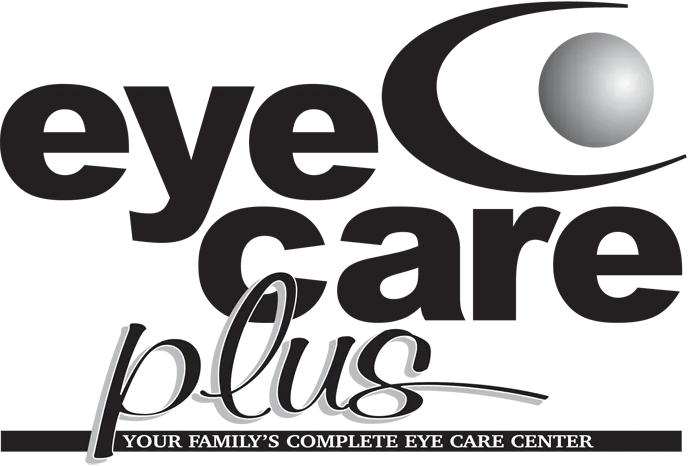Neurolenses® are the world’s first and only prescription lenses using a contoured prism to bring the eyes into alignment – providing relief from headaches, neck/shoulder pain and eye strain caused by the use of digital devices, reading or doing detail work.
Here’s how they work: when we focus up close, the disparity between comfortable vision and required vision can cause headaches, eye strain, neck and shoulder pain, dry eye, dizziness, and light sensitivity. Neurolenses® correct the disparity to restore naturally comfortable vision.
Neurolenses® can be customized for every patient – any or no prescription and any type of frame. This special eyeglass lens reduces the symptoms of hardworking eyes.
Neurolens® Measurement and your Eye Exam
The Neurolens® measurement is a new addition to your traditional eye examination at Eyecare Plus. To determine if a patient is a candidate for Neurolens®, your eye doctor will use a breakthrough eye-tracking measurement device to accurately and objectively measure your degree of eye misalignment.
During the exam, patients focus on a single point while a dynamic display of rotating planets and stars activate peripheral and central vision to measure distance and near eye alignment.
The Neurolens® measurement is performed in under 3 minutes.
What the Neurolens® Measurement Device Does
- Measures the gap between where your eyes want to be and where they need to be.
- Isolates peripheral and central vision to provide a comprehensive assessment of the patient’s eye alignment and synchronization.
- Results guide your doctor in determining the contoured prism prescription for your Neurolenses®, which can be added to your regular prescription.
